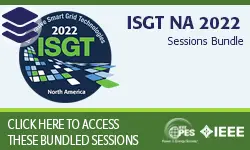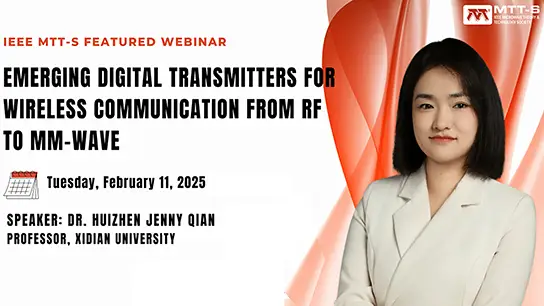Panel Session: Distributed Controls to Leverage DER in Grid Operations (slides)
J. Gibson, A. Dubey, A. Reiman, B. Fazzari
-
Members: FreePES
IEEE Members: $10.00
Non-members: $20.00Pages/Slides: 73
Panel
28 Apr 2022
Aggressive decarbonization goals, customer preferences, and falling costs are accelerating the adoption of renewable technologies and energy storage in the electric distribution system. The traditional grid structure is transforming to a more integrated transmission and distribution system with energy resources distributed throughout the grid and many more non-utility owned resources connected. The result is more variability in supply and load with more localized effects. This has broad consequences to the electric utility that must integrate these new technologies while still maintaining a reliable, resilient, and cost-effective distribution system operations. While operations are becoming more complex, the availability of these energy resources in the distribution system offers new opportunities to leverage them to improve efficiency, resiliency, and equity across the grid. Traditional centralized control schemes are challenged to operate in a timely fashion as the scale of the local resources, participants, and intelligent devices increases limiting their capability to manage and optimize these distributed resources. Distributed control approaches, where the optimization problem is decomposed into a set of smaller sub-problems hold promise to manage both scale and response time through layered coordination amongst a set of cooperating nodes. In this panel we will explore the opportunities and challenges in developing and deploying distributed control approaches to better leverage distributed energy resources in distribution system operations.
Chairs:
James Ogle



